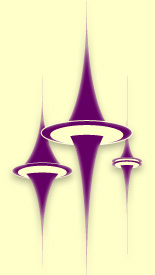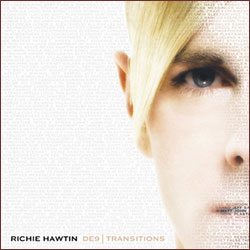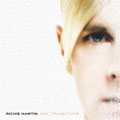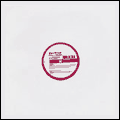|

|
|
|
December 19, 2005
../ Record Labels Face New Threat From
Satellite Radio
Relentless Challenges From New Technology
Since the original Napster burst forth, record labels have faced
one threat after another from new digital technology that has significantly eroded their profits over the last six years. The
latest thorn is coming from satellite radio stations, XM and Sirius, who have recently debuted new player/recorders. The
new devices have the ability to record broadcasts and then let the listener tune it at their convenience, similar in functionality
to the popular TiVo Digital Video Recorder (DVR).
The first model, the $330 S50 from Sirius, arrived on store shelves
a few weeks ago and has been a huge hit, selling out at many locations. XM's model,
the Nexus, is due next year and is very similar to the S50
except that it has the ability to purchase higher quality songs via its partnership with Napster.
Both devices have a built-in 1 GIG hard drive which can store about
750 songs. They can also massage the programming to organize the songs into separate playlists.
The stored songs cannot be copied to another device nor can they be
accessed without an up-to-date subscription.
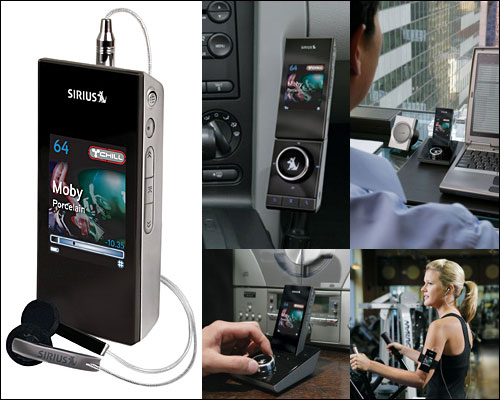

Out now, the Sirius S50 has been flying off shelves.
Just like prior technology innovations, the legal ground is murky.
Labels insist that the technology infringes on their rights since the user
is copying the songs to a hard drive without paying. The satellite stations retort they are
protected by a 1992 law permitting listeners to make personal recordings
from the radio. In addition, they insist that the technology is
more akin to a TiVo DVR than an iPod. However, the labels contend the
songs can be exported from the recorded broadcasts as if they were purchased individually. Users can set up song playlists adding and
deleting songs as if they owned the content. Furthermore, with niche channels
dedicated to a genre or a particular artist, such as Elvis Radio, it's easy to record a few hours of broadcasts and then compile a complete
collection. Lastly, since the Nexus and S50 needs to be tethered to
a docking station to receive the broadcasts, they act more like recording devices, than radios, further limiting the listener's rights.
Strong arguments on both sides ensure that this will likely end up in the courts,
or it just may be posturing for the upcoming licensing negotiations.
Next year the licensing agreements that the satellite stations made with
the labels are due to expire and must be renegotiated. According to knowledgeable sources, XM and Sirius pay about 7% of their revenue
to the labels for the right to broadcast their masters. This does not include additional fees paid to songwriters.
The labels argue they gave XM and Sirius a break on the current licensing
structure when the stations were in their infancy, and it's no secret the labels want to raise the rates now that the stations have about
10 million subscribers combined. With satellite radio blossoming, the labels are going to be hard pressed to draw a line in the sand
especially with the additional CD sales the services are generating from the
label's back catalog. Listener's exposure to artists that would never be heard on conventional radio is undeniable. In addition, the
satellites ability to display the artist and song name has directly translated to subscribers buying the artist's CD and recordings. To a label,
these purchases are pure revenue, since they were gained without additional
marketing investment.
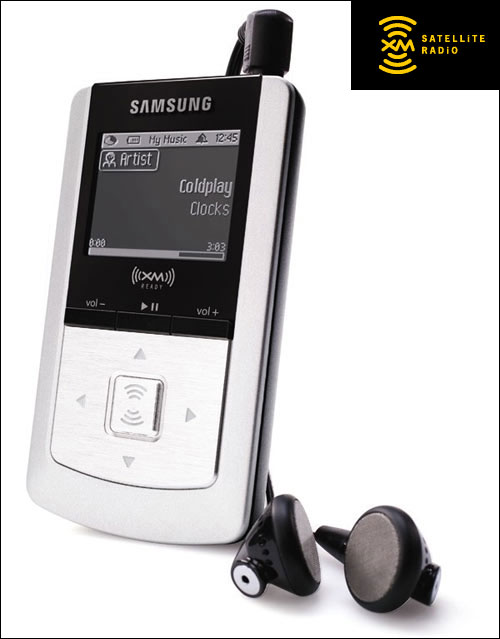

Made by Samsung, XM's Nexus is due out in the first quarter of 2006
Technology's relentless assault on the established revenue model almost
makes you feel sorry for the record companies. Almost. If the labels were not so stubborn to relinquish their prehistoric
album-based revenue model, then they may actually generate more traction when new technologies arise that chip away at their profits.
To many looking forward, it was only a matter of time before "time-shifting"
technology hit satellite radio. However, this may come back to bite the satellite stations in their pocketbook. It will only be a matter
of time before "Podcasts" of Howard Stern's Sirius shows appear on Peer-To-Peer
(P2P) services allowing non-subscribers to tune in without paying. At a cost of $500 million for Stern's multiyear deal, Sirius needs
every penny it can generate, and it will feel the pain when Stern fanatics opt
to download instead of subscribing.
The Future: Time shifting radio broadcasts will not only be in the realm
of satellite radio. Future car radio receivers will be able to record broadcasts of the new digital radio transmissions when they debut in the
next few years. Additionally, the next generation of Sirius and XM portables will be able to receive satellite transmissions without having to
be fixed to a docking station. Combined with more advanced recording, probably in the form of flash memory, these units will further merge the
concept of receiver/recorders.
>>> Back To Digihear?

Advertise on Futuremusic.com! | Privacy Policy |
Employment Opportunities | Contact Us
Copyright © 2005 Futuremusic® All Rights Reserved.

|

|
|



As the name correctly implies, Experiments In Sound, is Futuremusic's latest endeavor for pushing electronic music technology to the very edge of what's possible.
Experiments In Sound grew out of Futuremusic's avant-garde events in
New York City that featured DJ's taking mixing and live sound reinforcement to a whole new level with the very latest gear and software.
Now Experiments In Sound has become The Ultimate Mix Contest...
After the tremendous success of our groundbreaking The Next Big Thing DJ Contest, Futuremusic has decided to once again create a new paradigm...
Learn more about Experiments In Sound!

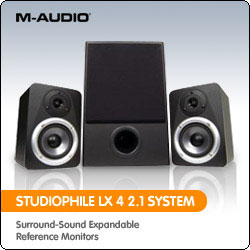


Futuremusic wants to thank everyone who participated in The Next Big Thing 2004. John Digweed, Beatport, Alienware, M-Audio, Native Instruments, IK Multimedia,
PVDJ, PK Graphics, Ableton, The DubHouse, Propellerheads, Technics, FreeFloat, The Church, PCDJ and every DJ who entered this year's event thank you. From the sheer number of
quality mixes, we can tell you that dance music is thriving in the United States. The amount of outstanding talent and creativity really blew us away, and every DJ who's putting
their heart, mind and soul behind the music is a winner. John Digweed has
made his decision and the winner is...
Think you got skills?? Then start practicing! The Next Big Thing 2005 will kick off at the end of the summer!!




News Archives

Digihear? Stories: November 2005
Digihear? Stories: October 2005
Digihear? Stories: September 2005
Digihear? Stories: August 2005
Digihear? Stories: July 2005
Digihear? Stories: June 2005
Digihear? Stories: May 2005
Digihear? Stories: April 2005
Digihear? Stories: March 2005
Digihear? Stories: February 2005
Digihear? Stories: January 2005
Digihear? Stories: December 2004


|
|


